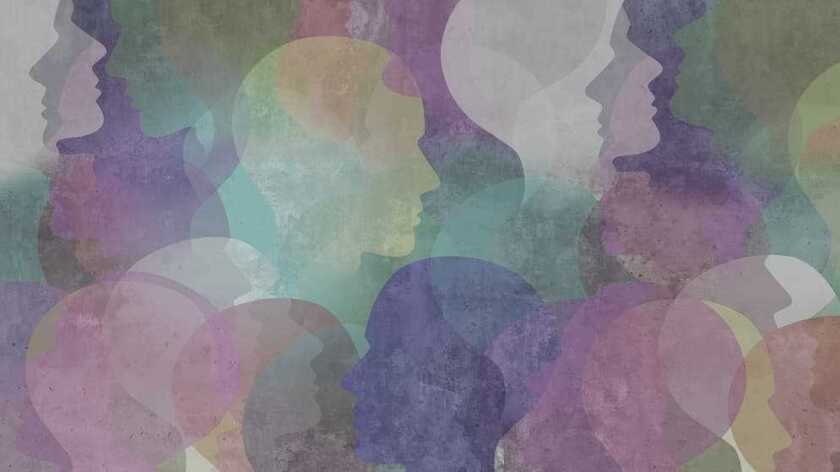Diversity has been on the agenda at all organisations for some time, but the emergence of BLM, following the murder of George Floyd, has elevated the discussion and many are now examining their levels of diversity. It should not be considered in isolation; inclusion and equity also need to be factored in. Diversity, to my mind, means representation across a wide range of traits, backgrounds and experience.
For a company to be successful and reap the benefits of diversity, it should look closely at inclusive hiring and equitable rewards.
I am a black female and a single parent, so one might say I tick multiple diversity boxes. I am fortunate to have worked in organisations that have naturally included people of diverse (mainly cultural) backgrounds. I do not believe this was intentional; rather, it was simply because the organisations were international and operated across different geographies.
My career in telecoms has always involved extensive travel. I have worked from home for 15 years, the last five of which have been with WIOCC as director of sales for West Africa, focussed on developing our business and expanding our footprint across the region. For many, the pandemic has made this the new normal. Working from home has given me the opportunity to have a much more balanced home/work life, and has in no way impaired my ability to successfully perform this senior role. In fact, I would say it has helped shape me into the highly effective businessperson I am today – someone who for the past two years has been named as one of the 20 Women to Watch within the global wholesale carrier community.
Fundamentally, in our primary markets, diversity means treating everyone as an individual. Practically, this is:
• Providing equal employment and development opportunities for men and women;
• Having a multi-cultural environment, where different people’s religious beliefs and practices are understood and accepted;
• No discrimination, irrespective of race, religion, cultural background, gender, sexuality.
WIOCC has embraced cultural diversity in the workplace and established it as a brand value. This has created a positive work environment and led to very positive business outcomes.
Progress
I am pleased to say that I believe this is progressing rapidly in Africa, where increasing numbers of women are operating at C-level within the telecoms sector. I would go as far to say that the telecoms ICT sector in Africa is slightly ahead on the gender diversity curve; particularly so when considering companies such as MTN, Airtel and Vodafone, which have many women at C-level. As a side point, I would say that diversity is sadly lacking in the LGBTQ+ space.
Support
For all the tragedy and disruption caused by the pandemic, I believe it has helped increase appreciation of how much people working from home can achieve in terms of output, efficiency and effectiveness.
Clearly this would not have been possible if the large numbers of people newly working from home did not have access to fast, reliable, high-capacity connectivity. This is where forward-thinking wholesale capacity providers such as WIOCC came to the fore, as their long-term strategy of continually investing to increase the reach and reliability of their network gave them the flexibility and agility to quickly turn up much-needed additional bandwidth for their clients.
Companies that give their employees the support, flexibility and autonomy they need – because of their personal circumstances, religious beliefs, cultural background, etc – are the ones that are best placed to succeed.
The traditional nine-to-five working day is rapidly becoming a rare thing, as more employers recognise they can get as much or more from employees by giving them greater flexibility. I know that since I became a mother, my overall time management has improved, and this has made me a more efficient employee and a more valuable asset.
The support an employer provides should vary according to the specific needs of each employee. For example, single parents may need to do the school run during term time. Equally, employees from different cultures, or with different religious beliefs and practices may have varied needs to accommodate.
Each employee should be treated as an individual. The support offered should be bespoke and tailored to their needs. I am proud to say that is exactly how WIOCC works internally and with our clients, with whom we develop strong and individual, partnership-style relationships.





